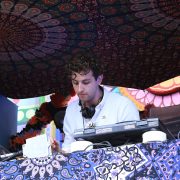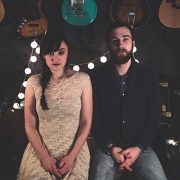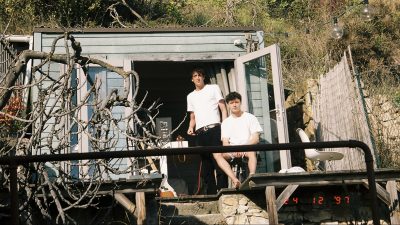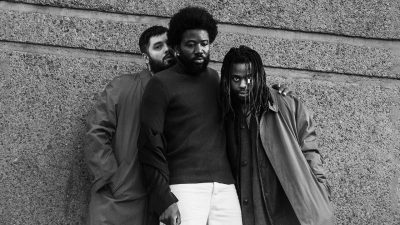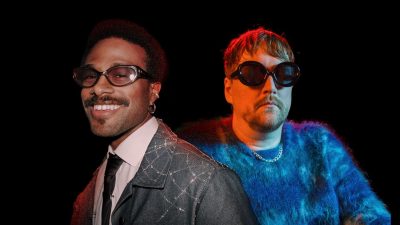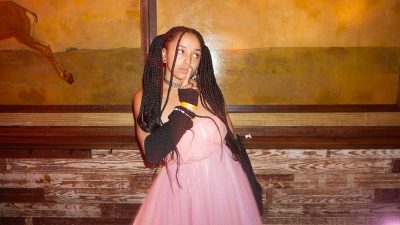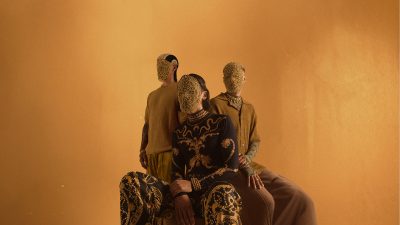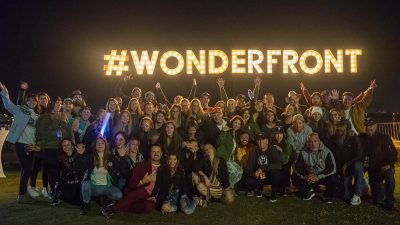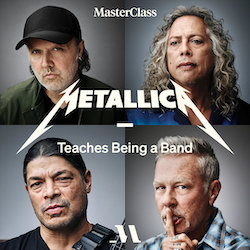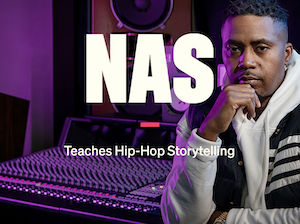Interview with Kate Tempest: it’s just a beginning
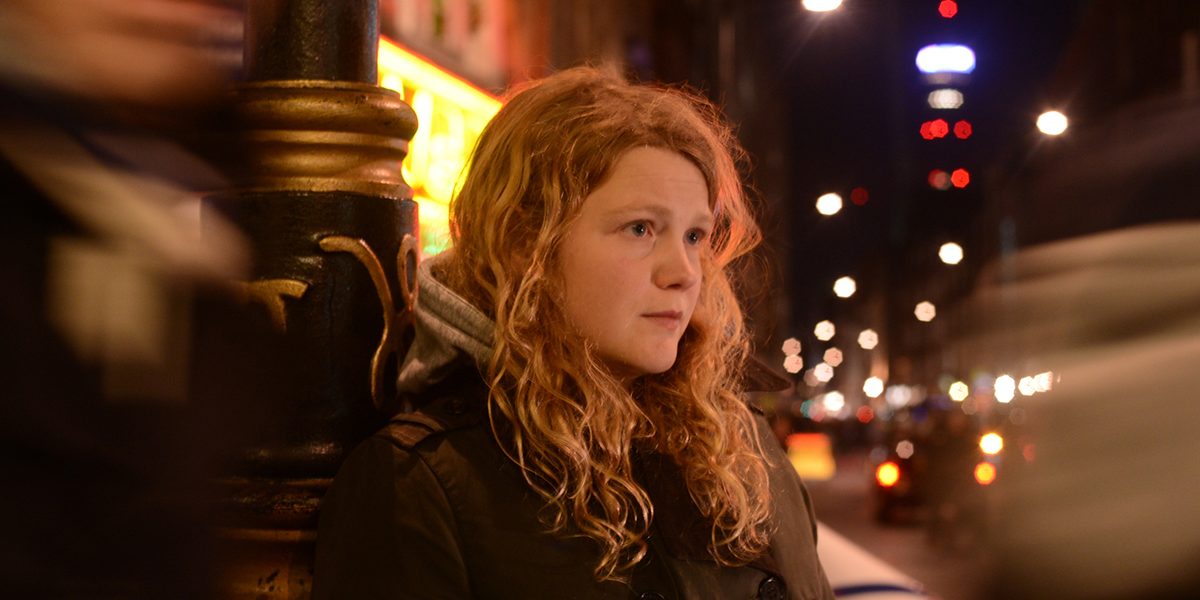
UK’s Kate Tempest is many things and all of them are things that have to do with words and stories, so overall Tempest is really, really good with words. There is a lot more that can be said about Tempest but the best way to get to know this particular rapper is to let her share the stories, so let’s get straight to the point.
Kateryna Topol: Let’s start with the basics – how did you first get into hip hop?
Kate Tempest: I loved it the minute I heard it. The first rappers I fell for were Gza, Ghostface, Nas, Guru, Mos Def, Biggie, OutKast, Big L, Too Poetic from Gravediggaz, Pharoe Monch and Prince Po, obviously Lauryn Hill… Eminem. All the lyrical MCs. I lived and breathed hip hop.
I got into more left flield stuff as I grew with it, found company flow and all the def jux releases. I was blown away by hip hop culture, by the dexterity and truth telling of good rappers, the beats, the community I found in London. I worked in a hip hop record store from 14, and loved talking lyrics with the customers and finding out what people wanted me to order in or finding old classics that had passed me by, being the age I was, like Rakim or Pete Rock and CL Smooth. I can’t remember when I first heard it, I mean it’s a dominant cultural and musical force. All my friends were into Wu-Tang. It was just a part of life. But it felt underground enough for it to feel yours if you put the time in. Like, the more you investigated, the more you listened, the more you were rewarded. You’d find gems, things spoke to me in lyrics when I was 13 that are still with me today. Little lines from Rza that come into my head like mantras in times of stress.
The scene in London was really important for my growth as a rapper and as a fan. There was a bunch of nights and cyphers that I used to go to, lots of them free entry and you didn’t have to be 18 to get in. Or you could rap at the bouncers and they’d let you in. I came up around serious rappers who had something to say, hip hop was more than just music, it was everything. It was how to express dissent, complaint, how to learn, how to teach, how to dance, how to walk into a room, how to carry yourself with dignity.
KTQ: You made your debut at 16 in a record shop, do you remember what that experience was like?
KT: The cyphers at this record shop were amazing. Packed wall-to-wall with guys who wanted to get on the mic, everyone had so much to say, but to be honest, a lot of them were talking shit. You know how it is, when an MC looks the part, and he’s got all the swagger and posturing, but his lyrics are weak? I watched a bunch of men like that, and then you’d get like four or five unbelievable rappers and it would turn your blood to gold for a second to hear them. I stood and observed for a while. I wanted to get on the mic really bad, I wanted so much to prove myself. People looked at me funny all my life, but there especially people looked at me funny. And then, my friend Budgie took me up to the front and I got on the mic and I had my one little rhyme that I wanted to spit, and I closed my eyes, and threw it out of me and the whole room just went nuts.
I remember the feeling afterwards, people showing respect, I felt I’d found my place or something. It was the beginning of this whole journey. Rapping was how I made myself more than what I was perceived to be, I had a lot to say, and being a girl, people didn’t expect me to be talking sense, or wanting to come at it from a position of knowledge. They assumed I was going to be shit, talking about my boyfriend troubles or just unable to rhyme. Me getting on the mic made people confront their own prejudices. And they were more likely to remember that experience because it was challenging to them.
KTQ: So clearly being a woman in the hip hop world comes with a few prejudices. How has it been working with Big Dada?
KT: Big Dada have been great. Will Ashon heard the record and was the only person of all the record labels we played it to that said: “I get this, I’m into it. I wanna put it out.” Others were like: “I like it, but it’s too crazy. Too many words. Too much going on.” Will just got it, straight up. Hannah T-W who runs the label is amazing, she’s been completely cool with Dan Carey and I, everything’s gone like clockwork really. And to be on a label with Young Fathers and Roots Manuva feels so cool. I think Big Dada made a really important signing with Young Fathers. they’re fucking brilliant.
KTQ: You carry a few titles with you – poet, playwright, rapper – is it something you have to separate or do they all kind of blend in and make sense together?
KT: I wrote a play because I was offered the work. It was challenging and it helped me improve my writing, but I don’t think of myself as a playwright. I write poetry, but it took me years to think of myself as a poet. There’s a lot of baggage that comes with that term. Any pigeonhole feels too narrow.
I’m a rapper but I usually have to qualify that with saying I’m a story teller or something. I don’t think of my work that way, I don’t define it, I’m growing, hopefully my work is growing, my skills as a writer and as a performer are growing. It’s all I’ve ever known so it’s no big deal to me that I write lots of things and want to try new forms. When I’m making music, I feel like a musician, in my blood and bones that’s where it lives. I have to work much harder at the other forms, which I find rewarding in different ways.
KTQ: Everybody Down is a concept album, a 12-chapter story rhyme, how long did it take to put it together?
KT: Dan Carey was really busy and I couldn’t get much time with him, I used to go in his studio on his down time and we’d get demos together in a few hours. I was so desperate to get in with him and record properly, but I didn’t have a manager, a record deal, any money behind me. I was working as a playwright and a poet. But the good part of that situation is it leant a sense of urgency to every hour we spent together. We have crazy chemistry, I feel very blessed to have found him.
The first demo we made was “Lonely Daze,” but it wasn’t Pete and Becky, it was Him and Her, and it was long, and they didn’t meet. After we made the demo, Dan was really excited about the storytelling aspect, and I went away and started thinking about this Him and Her and who they were. All the work I’d been doing as a narrative writer definitely informed what I thought was possible with making a narrative that unfolded over the course of an album. I was living with the story and the characters for ages, like the best part of a year went past before I could get in with Dan again, but it was cool because it was enough time to let the characters and the plot come to life. When I went back in with Dan I had it all planned. We drew a map in the pub, stuck it on the studio wall and made the whole record in two weeks.
KTQ: You’ve been touring for a bit now, how is it going so far? We heard you’ve pretty much won Sasquatch…
KT: It’s been amazing. Playing live is something I love. Sasquatch was fucking immense, I think there is a lot to be said for reaching out to new people that have never heard of you before. Festivals are perfect for that. I was blown away, the band were blown away, the punters were blown away. It was something else. The landscape was unlike anything I’d ever seen, we drove after that to Denver, and then from Colorado to Texas and I saw the sun rise over New Mexico and fucking hell I lost my mind. It was beautiful. I’m from a tiny green and grey Island. I’d never seen red rocks, snow capped mountains, lakes, canyons, plains. I’ve been in a permanent state of disbelief.
Another amazing thing about Sasquatch was that everyone in the audience was a music fan: It can be frustrating looking out at a crowd when you’re about to play some hardcore electronic rap music and wondering if the people have come for poetry. At some of our shows I’ve felt that in the room, so it was fucking cool to just play music for people who love music. Cant wait to do the same thing at NXNE. It’s cool to start from scratch again here.
I believe in struggling. It should be hard work, you should be exhausted, you should have to build your fanbase one person at a time. I believe in playing live and putting everything into it, and making a real connection with the audience in the room. It’s the only thing you can trust really. Much more trustworthy than reading an interview with someone or something like that.
KTQ: Speaking of winning, you’ve never really sought out fame but it has found you on many levels, as a poet and as a musician, have you become more comfortable with the attention now or is it still a bit strange?
KT: I don’t really notice it. I know things are different than how they were two or three years ago because I can get gigs on actual stages at festivals now, rather than busking round the back of the burger vans. But it’s hardly paparazzi at the door. I don’t think I’m ever going to have to deal with that kind of thing. I’m making my work. I’m on my path. I’ve got a lot I’m trying to do, this has been 15 years in the making and it’s STILL just the beginning. I think that it should always feel that way.
KTQ: Are you working on the next album yet?
KT: Yes I’m working on the next album. It’s tough because we’ve been on the road for a year. But yes, it’s coming together. I’m more excited about it than I’ve been about anything before. I can’t wait to get in the studio and finish it.
Come out see Tempest at the Adelaide Hall on June 17 at 11pm as part of NXNE. The rest of the tour dates can be found here.


